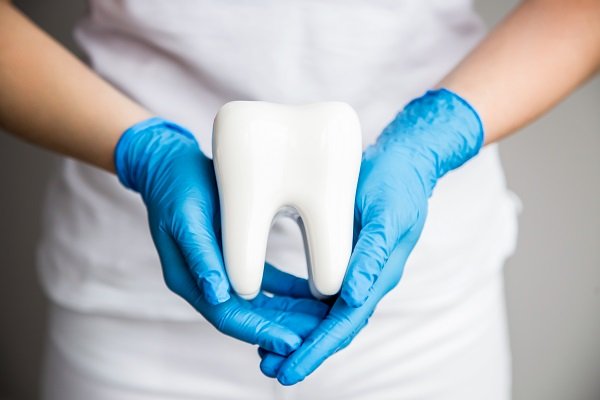Oral care is often seen as separate from general health, but in reality, they are deeply interconnected. Your mouth is a gateway to your body, and the condition of your teeth and gums can have a significant impact on your overall health. Poor oral hygiene can lead to more than just cavities and gum disease; it can also contribute to serious health conditions, such as heart disease, diabetes, and respiratory issues. In this post, we will explore the important connection between oral care and your overall health, and why maintaining good oral hygiene is essential for your well-being.

Oral Health and Heart Disease
Numerous studies have shown a link between poor oral health and an increased risk of heart disease. Gum disease (periodontitis), in particular, has been associated with inflammation in the body, which can contribute to the development of heart disease. The bacteria from infected gums can enter the bloodstream and travel to the heart, leading to inflammation of the blood vessels. Over time, this can increase the risk of plaque buildup in the arteries (atherosclerosis), which can result in heart attacks or strokes.
Maintaining healthy gums through proper brushing, flossing, and regular dental checkups can help reduce the risk of heart disease. Preventing gum disease not only protects your smile but also your cardiovascular health.
Oral Health and Diabetes
Diabetes and oral health are closely linked. People with diabetes are more susceptible to gum disease because high blood sugar levels can weaken the body’s ability to fight off infections, including those in the gums. Conversely, gum disease can make it harder for people with diabetes to control their blood sugar levels. This creates a cycle where one condition exacerbates the other.
Research has shown that treating gum disease in people with diabetes can help improve blood sugar control, and maintaining good oral hygiene can reduce the risk of developing gum disease in the first place. Regular dental visits are essential for individuals with diabetes to manage both their oral and overall health effectively.
Oral Health and Respiratory Health
The health of your mouth can also influence your respiratory health. Poor oral hygiene and gum disease can increase the number of bacteria in your mouth, which can then be inhaled into your lungs. This can lead to respiratory infections, pneumonia, and exacerbations of existing lung conditions, such as chronic obstructive pulmonary disease (COPD).
Brushing your teeth, flossing, and using mouthwash regularly can reduce the amount of harmful bacteria in your mouth, lowering your risk of respiratory infections. By taking care of your oral health, you also protect your lungs and overall respiratory function.
Oral Health and Pregnancy
Oral health plays a crucial role during pregnancy. Women with gum disease are at a higher risk of developing complications, such as preterm birth or low birth weight. The bacteria from infected gums can enter the bloodstream and potentially affect the placenta, leading to inflammation and other issues that can harm both the mother and baby.
Pregnant women should be especially diligent about maintaining good oral hygiene. Regular dental checkups are important, as pregnancy can also make women more prone to gum disease due to hormonal changes. By managing oral health during pregnancy, you reduce the risk of complications for both mother and child.
Oral Health and Mental Health
The connection between oral health and mental health is often overlooked, but it’s just as important. Poor oral health, especially visible issues like missing or damaged teeth, can affect an individual’s self-esteem and confidence. This can lead to social withdrawal, anxiety, and depression.
On the flip side, mental health conditions such as depression and anxiety can lead to poor oral hygiene habits, as individuals may neglect brushing and flossing. This creates a vicious cycle where poor mental health affects oral health, which in turn can worsen mental health.
Taking care of your oral health not only helps maintain a beautiful smile but also promotes better mental well-being. A healthy mouth can boost confidence and contribute to a more positive outlook.
Conclusion
The connection between oral health and overall health is undeniable. From heart disease to diabetes, respiratory issues, pregnancy complications, and mental health concerns, the state of your mouth can have a profound impact on your overall well-being. By maintaining good oral hygiene—brushing, flossing, and visiting your dentist regularly—you can protect both your smile and your body. Don’t underestimate the importance of oral health in promoting a long, healthy life.











